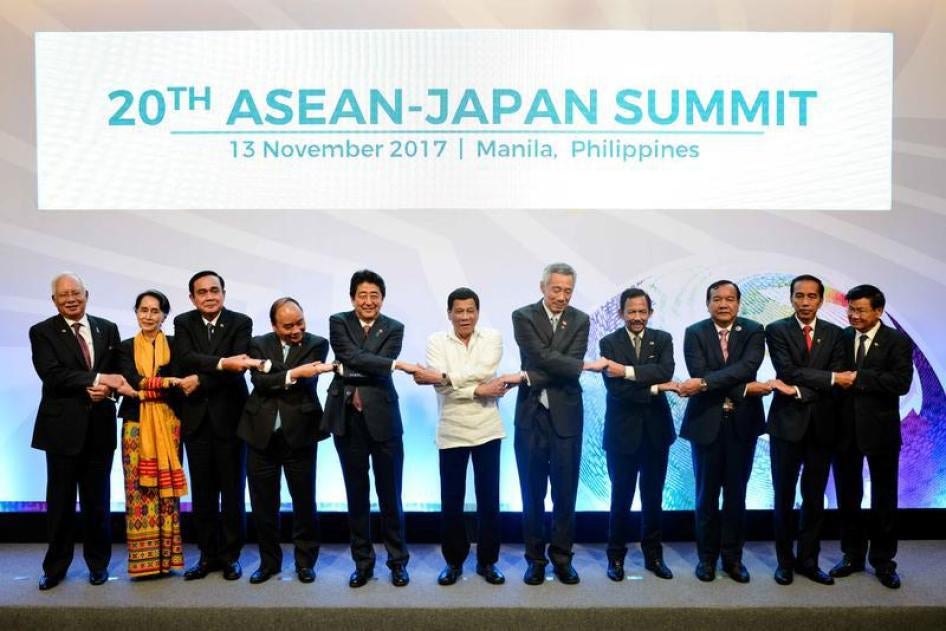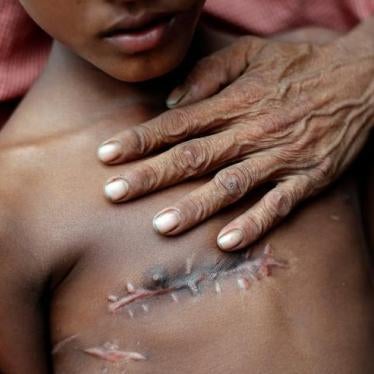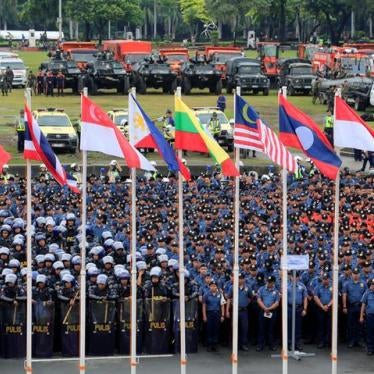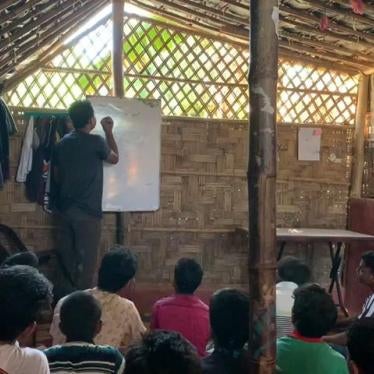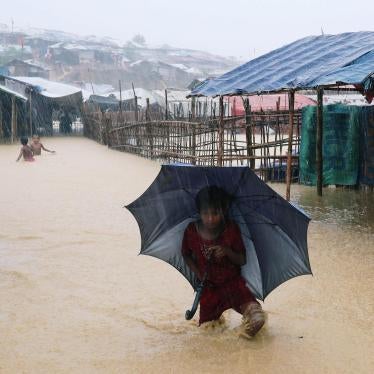The summit of Southeast Asian leaders this week in the Philippines failed to make mention of the Burmese military’s campaign of ethnic cleansing that caused the flight of more than 600,000 Rohingya refugees to Bangladesh. Their draft closing statement didn’t even have the decency to call this oppressed Muslim minority by its name: Rohingya, opting instead for a mealy-mouthed reference to the importance of providing humanitarian relief for “affected communities” in Rakhine State.
Is it too much to ask that leaders at least refrain from euphemisms that suggest that these are not people fleeing persecution and are deserving of their rights as refugees, or to deny their ethnic identity and nationality ties to Burma?
To assist governments and humanitarian agencies as they address the Rohingya refugee crisis, Human Rights Watch has issued “Ten Principles for Protecting Refugees and Internally Displaced People Arising from Burma’s Rohingya Crisis.”
The first is that the Rohingya who have fled Burma should be presumed to be refugees. There’s plenty of supporting evidence for this: the recent campaign of killing, rape, arson, and other abuses (which Human Rights Watch has determined amount to crimes against humanity); the Burmese government’s persistent pattern of gross rights violations against the Rohingya. Underlying all these abuses, including the latest round of atrocities, is the effective denial of citizenship for Rohingya, many whose families have lived in Burma for generations. This has fed official restrictions on movement; limitations on access to health care, livelihood, shelter, and education; and arbitrary arrests and detention.
Honest acknowledgement by all concerned parties that these are “Rohingya refugees” is the first step in a principled response that includes affirming their right to return.
Many Rohingya refugees have told Human Rights Watch that they want to return home, but none interviewed believe it was safe in present circumstances or that it will be for the foreseeable future. Voluntary repatriation in safety and dignity will be feasible only if Burma is willing and able to ensure full respect for returnees’ human rights, equal access to nationality, justice and accountability for the victims, and security among communities in Rakhine State.

